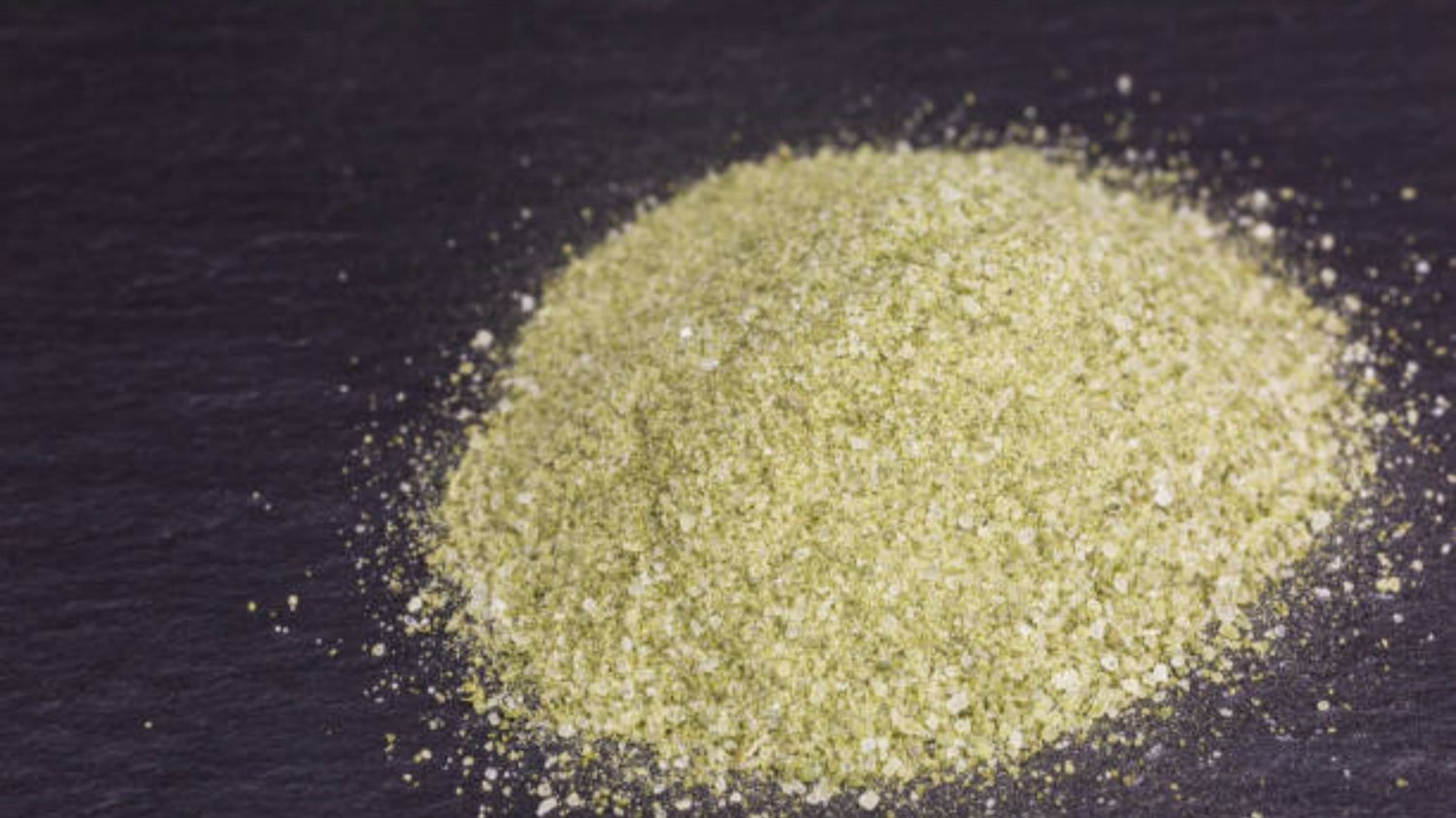Piperine, an active component in black pepper, has been studied for its potential health benefits. However, there have been concerns about its impact on liver health. In this article, we will explore the connection between piperine and liver damage, and what the latest research says.
What is Piperine?
Piperine is a bioactive compound found in black pepper and long pepper. It is responsible for the distinctive pungency of black pepper and has been studied for its potential health benefits, such as improving digestion and enhancing the bioavailability of certain nutrients.
How Does Piperine Affect the Liver?
There have been concerns about piperine's effect on the liver since it is metabolized in the liver. Some studies suggest that high doses of piperine may lead to liver damage due to excessive oxidative stress, inflammation, and lipid peroxidation.
What Do the Studies Say?
A study published in the Journal of Agricultural and Food Chemistry found that high doses of piperine in rats led to liver damage. However, the doses used in the study were much higher than what humans would typically consume. Another study published in Food and Chemical Toxicology found that piperine had a protective effect on the liver in rats with liver injury.
What Does Expert Opinion Say?
According to experts, the risk of liver damage from consuming piperine is low, especially if consumed in moderation. However, those with pre-existing liver conditions should consult with a healthcare provider before consuming piperine supplements.
What Should You Do?
If you have a healthy liver, consuming piperine in moderation is unlikely to cause any harm. However, it's a good idea to consult with a healthcare provider before taking piperine supplements, especially if you have pre-existing liver conditions.
Can Piperine be Beneficial for the Liver?
Some studies suggest that piperine has a protective effect on the liver. For example, a study published in the journal Drug Metabolism Letters found that piperine supplementation improved liver function and reduced inflammation in rats with fatty liver disease.
What Are the Side Effects?
Piperine is generally considered safe when consumed in moderation. However, high doses may cause gastrointestinal discomfort, such as nausea and diarrhea.
What Are Some Natural Sources of Piperine?
Piperine is found in black pepper, long pepper, and some other spices. It is also available as a dietary supplement, often in combination with other bioactive compounds.
Conclusion
In conclusion, piperine is a bioactive compound found in black pepper and long pepper, with potential health benefits. Although there have been concerns about the impact of high doses on liver health, evidence suggests that consuming piperine in moderation is unlikely to cause any harm. Those with pre-existing liver conditions should consult with a healthcare provider before consuming piperine supplements.

